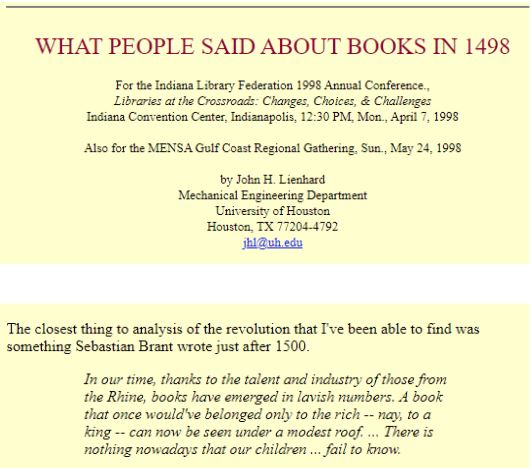THE LION SLEEPS TONIGHT
In our increasingly digital age, we live our lives connected to the cloud. Consequently, we are living through a very visual time; and visual messages represent most of the information we consume, affecting our subconscious and ethical sensibilities and fundamentally defining our society. In recent times, Al technology has become ubiquitous. From CLIP to deepfakes, just about anyone has this technology at their fingertips, pushing us to consider how everyday engagement with Al challenges the way people think about themselves and their society.
Deepfakes, derived from ‘deep learning’ and ‘fakes’ is a deep learning method powered by Generative Adversarial Networks (GANs) first emerged in 2017. Recently, several deepfakes videos have of prominent figures saying things that they did not say have gone viral, prompting us to mistrust our most trusted sense (our vision). As the saying goes, ‘in the land of the blind, the one-eyed man is king’. As we lose our sense of sight in the digital world, society is open to manipulation by a few for commercial, economic, or political gains, potentially plunging into chaos and imploding. It does not take much imagination to conceive the harm that could be done with deepfakes if fabricated media are disbursed and consumed massively.

Mayor of Vienna talking to a deepfake of the Mayor of Kiev and Mark Zuckerberg declaring new measures in front of election allegations.
However, life is an iterative process and historically, every new technology has had its bright and dark phases, needing time to settle into some form of equilibrium, regulate its moral implications and find acceptance in the society. From prints and books, to the radio and internet, new information-sharing technology is often misused and heavily criticized, an initial reactive stage where uncertainty drives fear. With time and increasing awareness of benefits, they become parts and parcels of our everyday lives. We presume deepfakes is in its initial phase, where outputs are susceptible to propaganda. While current deepfakes technology is improving at an incredible pace, more and more videos will become indistinguishable. If given time, we believe its perception will evolve to a stage where widespread education and awareness render it not so harmful. Our children will be the generation that sees deepfakes from scratch and can intuitively identify their authenticity.

What people said about books after the invention of the Gutenberg’s press
Furthermore, even though deepfakes are a cause for concern, we also believe it holds the potential for creativity, uniting people and creating long-lasting traditions. Disney’s century-long chronicle proves that we are emotionally invested in, and affected by animated and fictional characters. Creative ways of using such mediums can change how we relate in society and reshape the fundamentals of our ethical and moral backbone. Our project investigates harnessing this creative potential of deepfakes to initiate a new and hopefully long-lasting MaCAD tradition. The video starts with a concise, funny, and heartwarming message from the director of MaCAD, David Andres Leon, bidding farewell to the class of 2021 and ends with him singing a happy tune and expressing his hope that other fellow tutors will carry on the tradition in the subsequent years.

Snippets from the process
The lion sleeps tonight is a project of IAAC, Institute for Advanced Architecture of Catalonia developed in the Master in Advanced Computation for Architecture and Design 2021/22 by
Students: Clemens Russ, Erida Bendo, Lucia Leva and Oluwadamilola Elizabeth Akinniyi
Faculty: Mark Balzar and Zeynep Aksoz